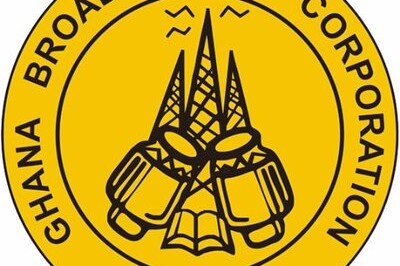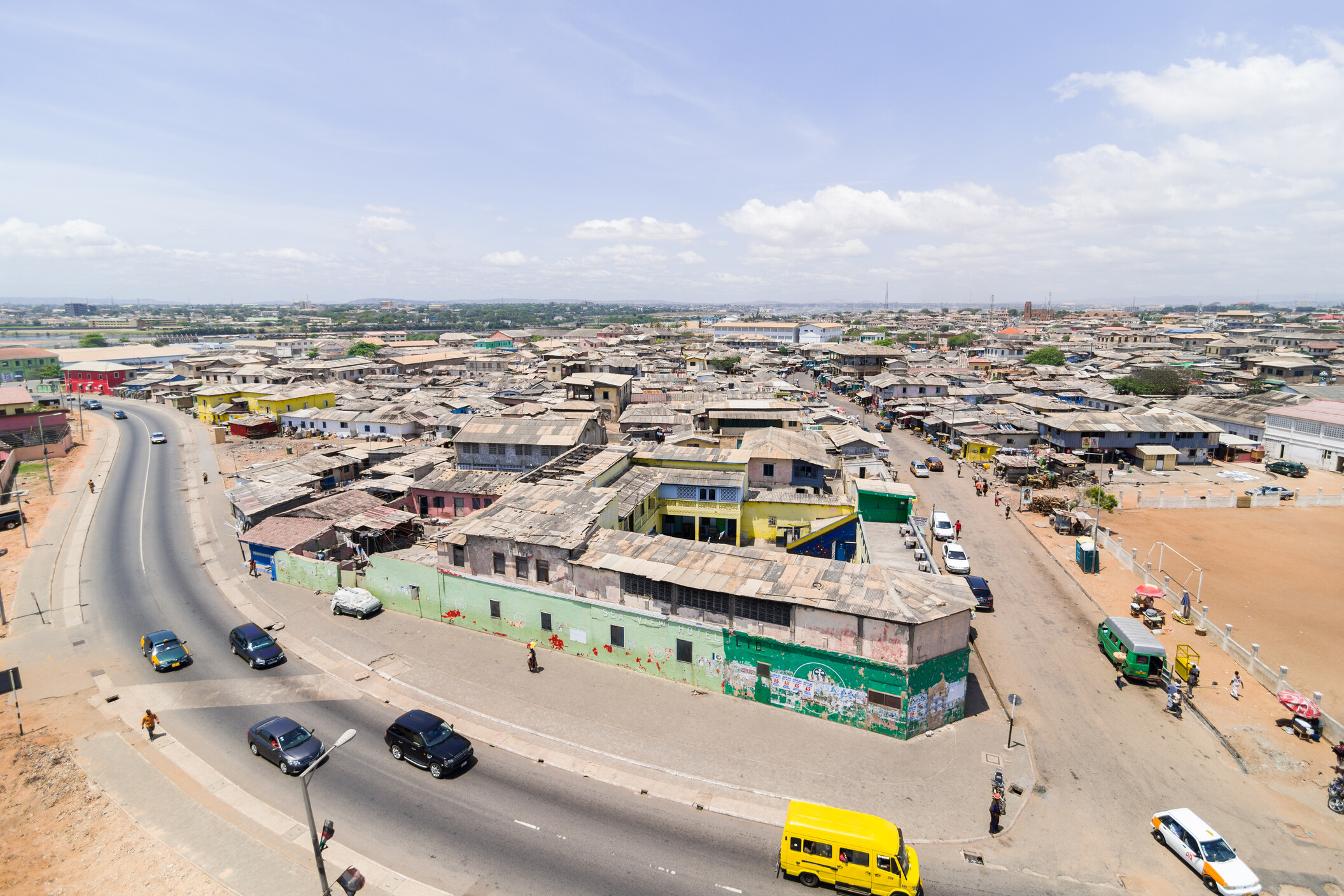Ghana Broadcasting Corporation (GBC) needs a more sustainable funding mechanism to deliver on its public service mandate, says Director-General.
Speaking on the GTV ‘Breakfast Show’ last week, GBC Director-General Prof. Amin Alhassan addressed the public broadcaster’s ongoing financial difficulties, explaining that even though the public broadcaster has a budget and is gradually re-paying its debts, unexpected costs have added to its financial woes.
According to Alhassan, GBC spent ₵7 million in 2020 (£845,000, $1,163,280) delivering on its public service mandate, all of which was funded by its internally generated funds – predominantly through commercial operations. GBC salaries are catered for by government funds. But having been assigned the task of extensively covering last year’s general election without additional financial support, it cost GBC ₵3 (£0.36, $0.49) per minute of live coverage towards external broadcasting and satellite costs. Other operational expenditures, such as new equipment or vehicles, are also funded by internally generated funds.
Alhassan also referred to the issue of the TV licence fee in Ghana, where there has been wide public resistance to pay in recent years. He compared GBC with other public media organisations worldwide, such as the BBC in the UK, ABC in Australia and DW in Germany, which receive more public funding. He concluded that “In this country we need to discuss and find a permanent solution” to GBC’s funding mechanism “so that it will devote its entire processes to actually delivering on its mandate and not also on spending time looking for money.”
GBC is a member of the Public Media Alliance. Explore the broadcaster’s profile in our PSM Scoping project.
Header Image: Filming GBC’s Breakfast Show. Credit: Ghana Broadcasting Corporation / Facebook
Related Posts
28th July 2020
Update: Directive to shutdown GBC channels suspended
Suspension follows widespread criticism…

